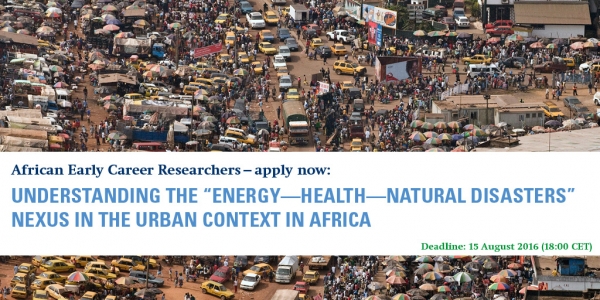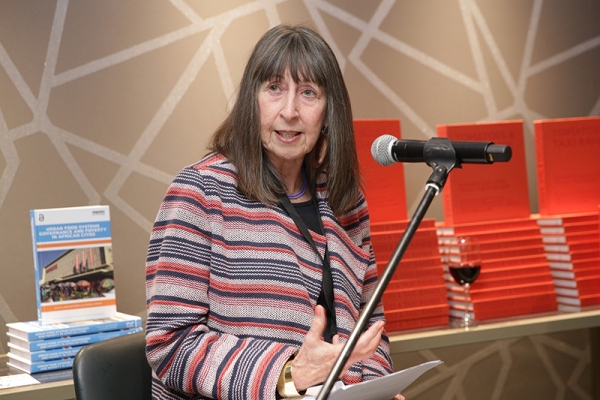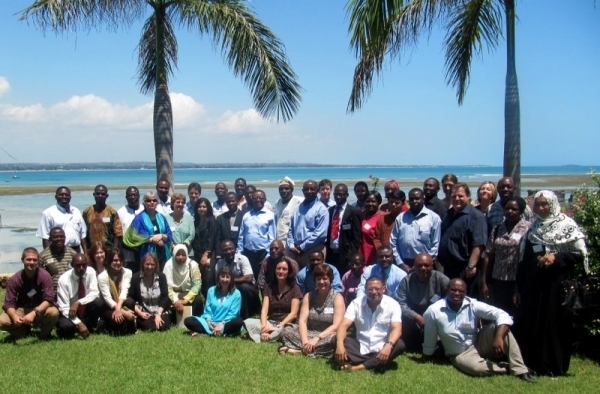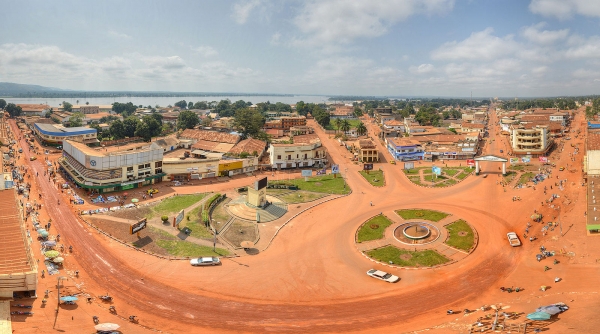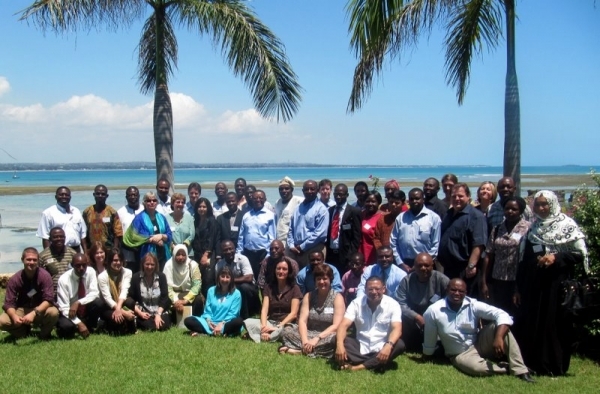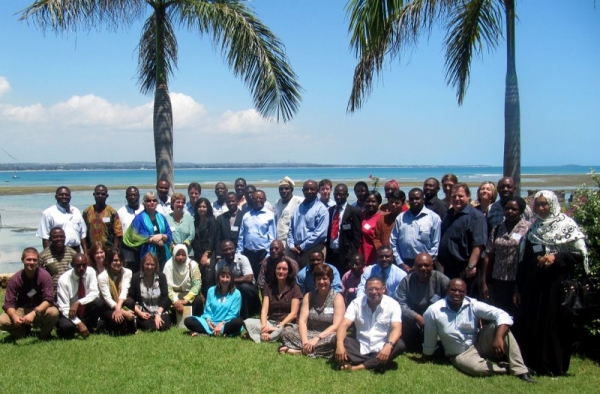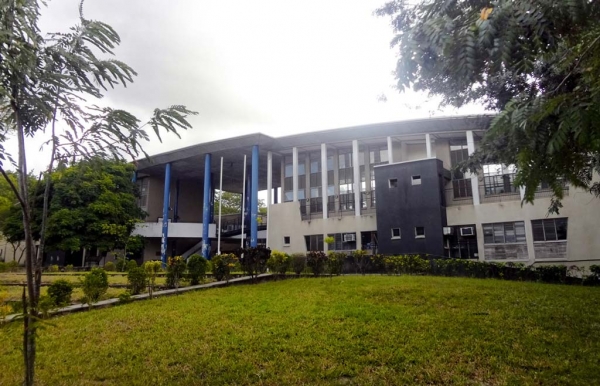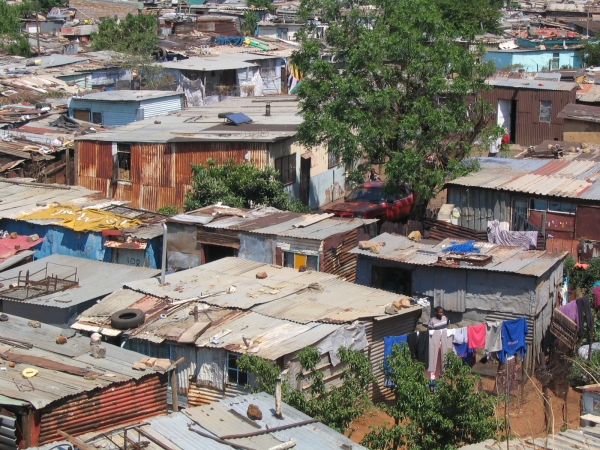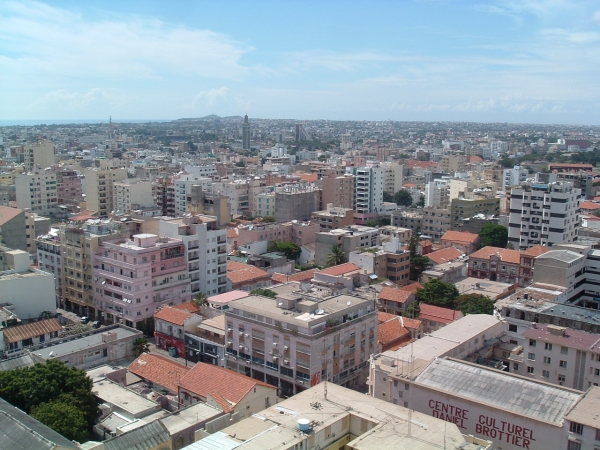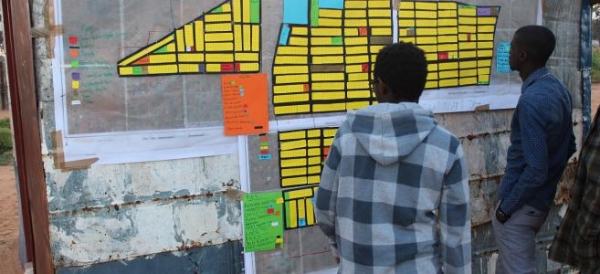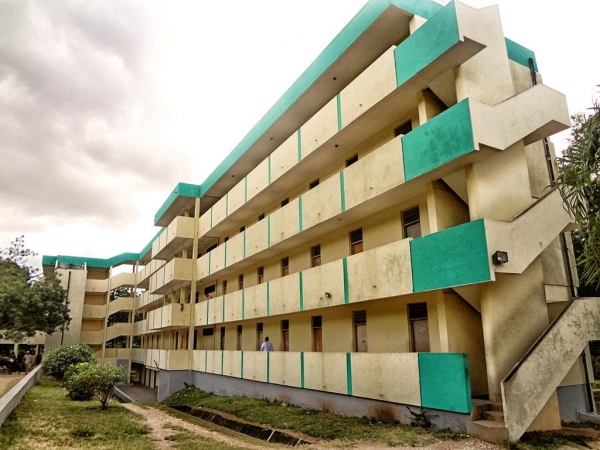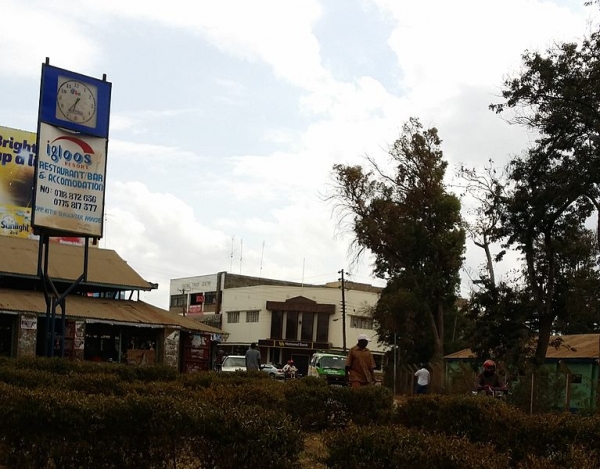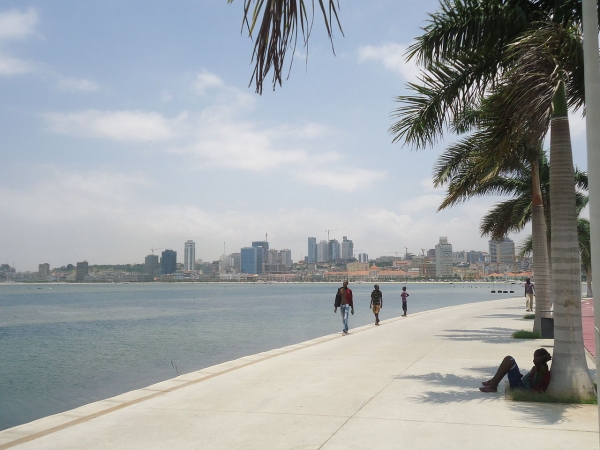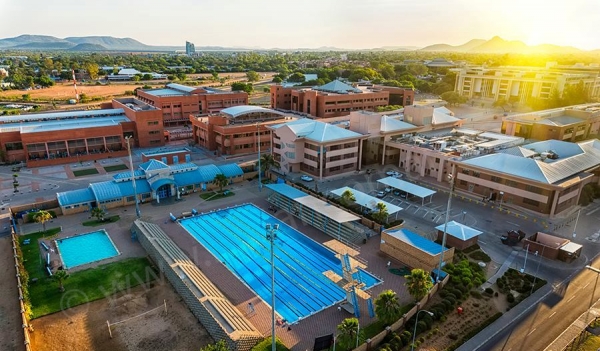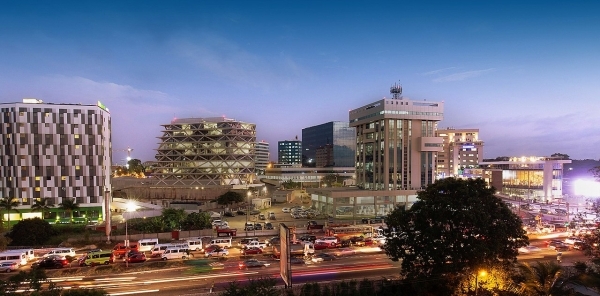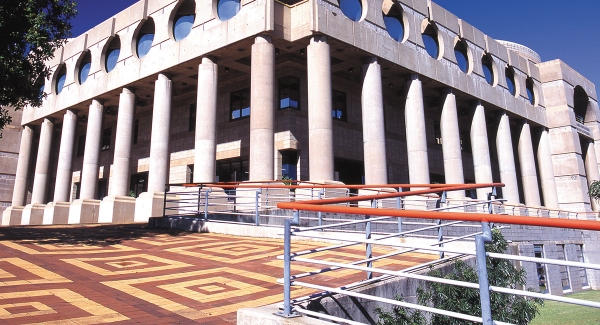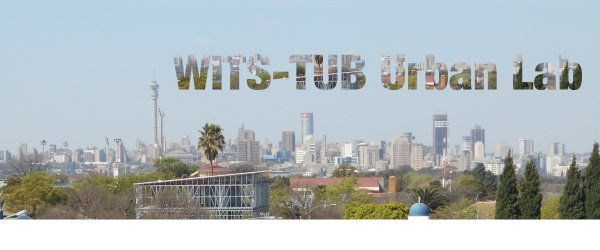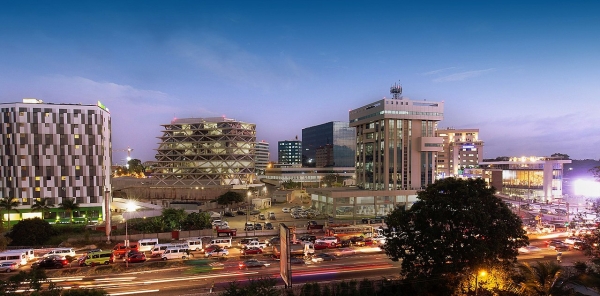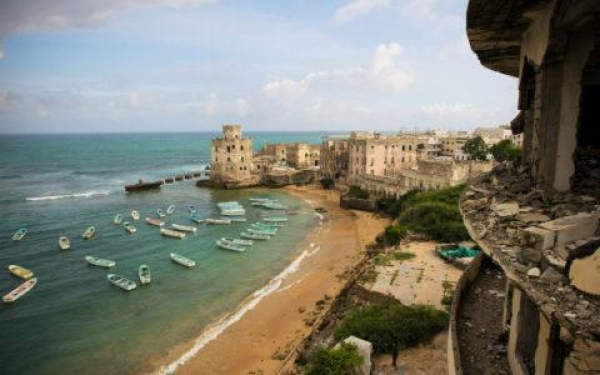ICSU, together with NASAC and the ISSC, will support 10 research projects across Africa. These projects are expected to generate new solutions-oriented knowledge that will help develop new urban paradigms in Africa and make African cities more resilient, adaptable and healthier. This is the first call in a five-year, 5 million EUR project that seeks to increase the production of high quality, integrated (inter- and transdisciplinary), solutions-oriented research on global sustainability by early career scientists in Africa.
With the impending adoption of the New Urban Agenda at the Habitat III conference in Quito, Ecuador, later this year, it is imperative to ensure that science can effectively contribute to the implementation of this Agenda. The International Council for Science (ICSU), in partnership with the Network of African Science Academies (NASAC) and the International Social Science Council (ISSC) will support research projects across Africa to the value of up to 90,000 Euro each over two years. The call is part of the five-year ‘Leading Integrated Research for Agenda 2030 in Africa’ programme funded by the Swedish International Development Cooperation Agency.
The goal of the call is to better understand inter-relationships between energy systems, air pollution, health impacts and provision of health services, climate adaptation opportunities, land use and urban planning, and disaster risk reduction in the urban environment in Africa. The call for pre-proposals aims to identify collaborative research projects in Africa interested to explore inter-relationships across at least two domains of the nexus and that clearly indicate the inter- and trans-disciplinary nature of the research project. Successful applicants will be invited to join a training workshop on integrated research in Nairobi, Kenya, from 3 to 7 October 2016.
Applicants should have no more than 10 years' work experience following their PhDs or equivalent research experience.
The deadline for pre-proposal submission is 15 August 2016 (18:00 CET).
Submission of pre-proposals and relevant documents may only be made using the online form available. Please carefully read the call for pre-proposals with key requirements before submitting your pre-proposal. For more information on how to apply, please see this page.

